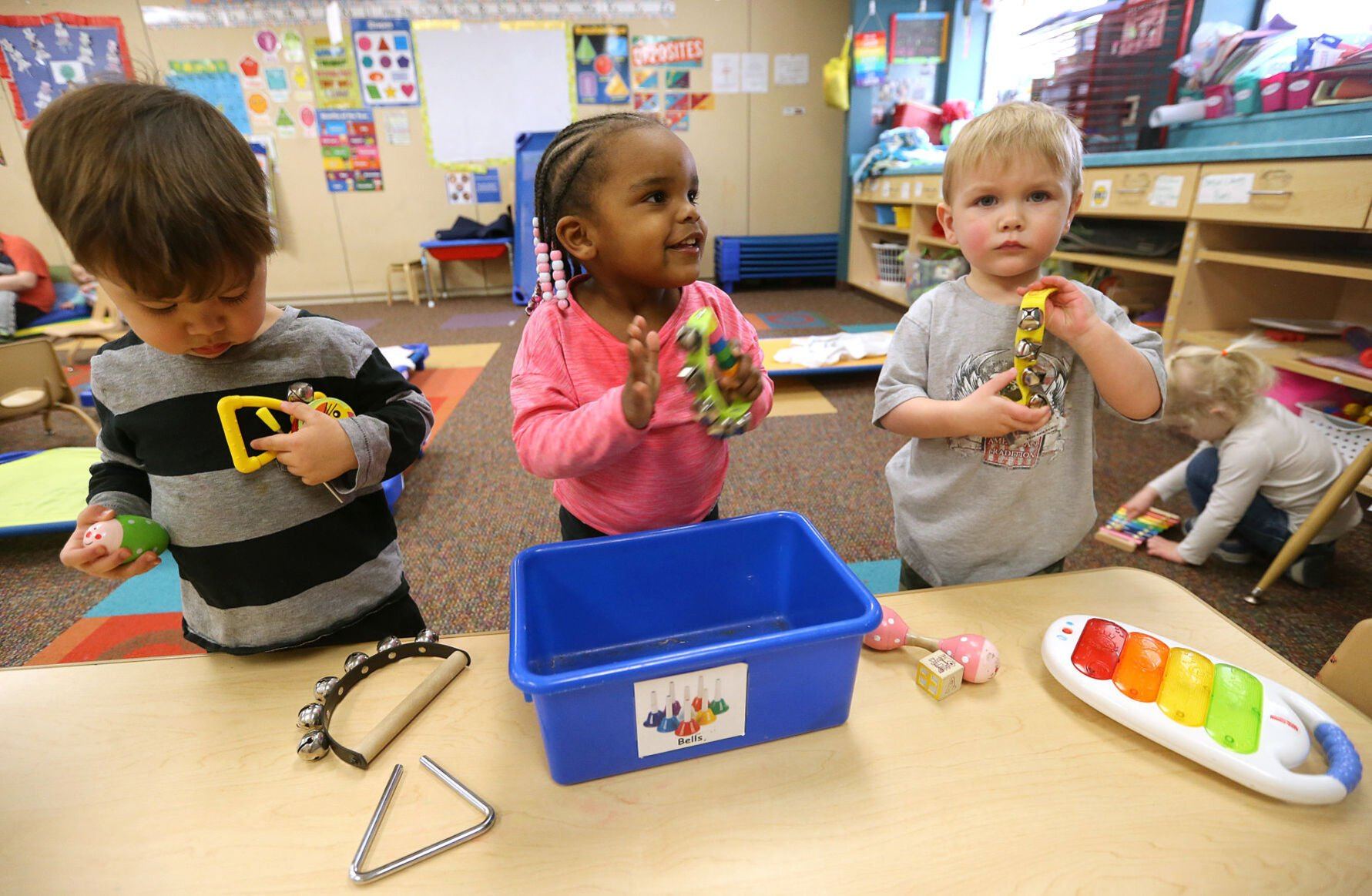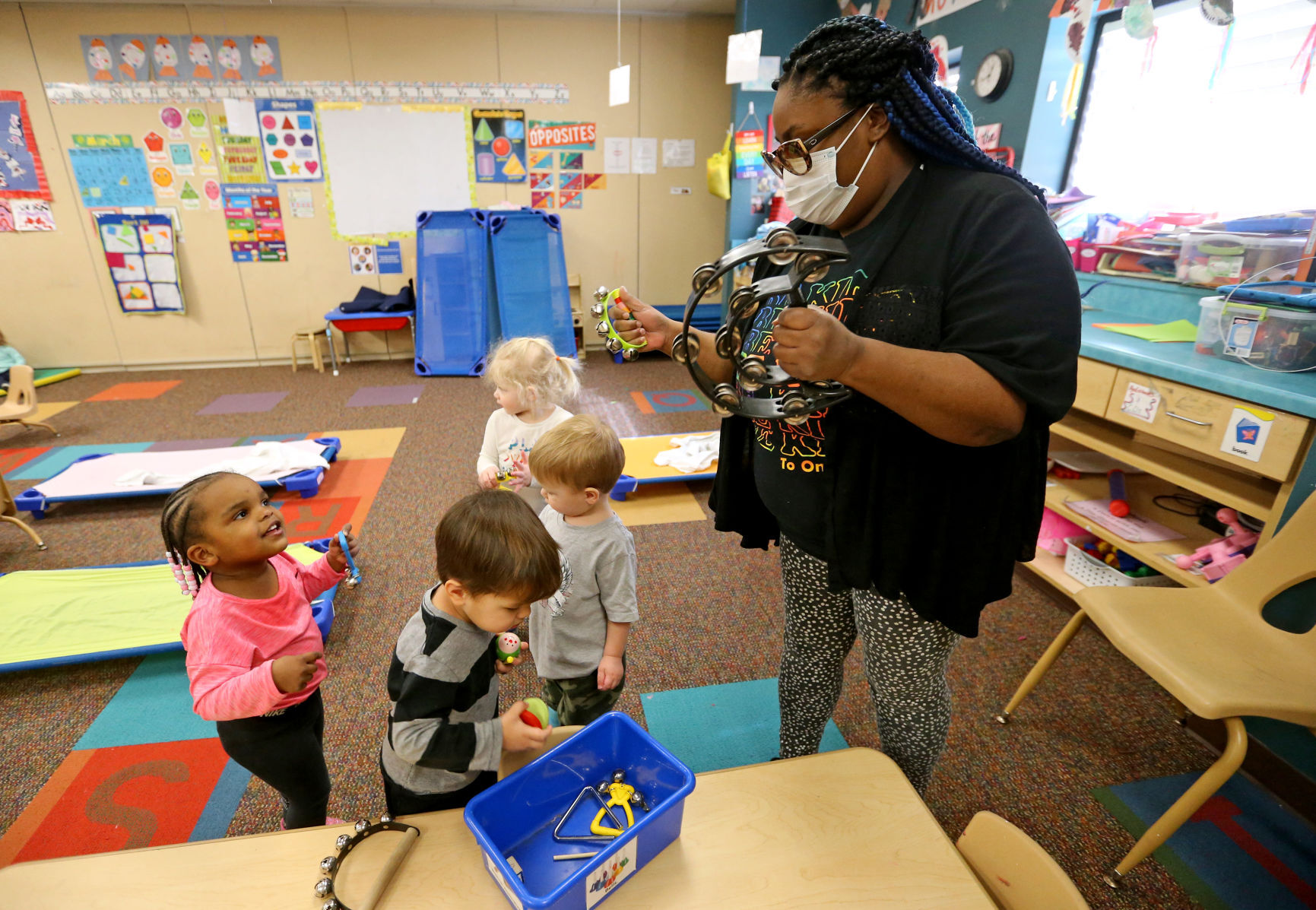The Iowa House of Representatives this week passed three bills attempting to solve statewide problems with access and staffing in the child care sector, long considered a keystone barrier to workforce development.
The bills largely passed along party lines, with Republicans in favor and Democrats against. Republicans and some local child care providers agreed that the bills might help address some problems, but Democrats, other providers and economic development experts said without funding as well, the job will likely never be complete.
“Child care has to be affordable, quality and accessible,” said Rick Dickinson, executive director of Greater Dubuque Development Corp. “Any legislation that helps all three of those categories is helpful. Any legislation that hurts in those three categories or is not taking all three into consideration is not.”
GDDC plans to release a detailed survey of the child care landscape and its pitfalls later this month.
Jack Mescher is the CEO of Hills & Dales, a nonprofit human services organization in Dubuque. His organization runs a child care center but also various other services.
“We’re in a unique position,” he said. “We can see both the barriers that keep people from working for us in our other areas and issues in our child care program.”
Mescher said Hills & Dales child care center is licensed to accept 130 children, but — as of Thursday — it only cared for 47.
“When we talk about lack of access to child care, there is quite a bit of room there,” he said. “All of us have licensed capacity above what we’re serving. Staffing, that is the barrier.”
Of the bills passed in the House this week, one received overwhelming bipartisan support. It added students in child care programs to the list of those who can access the Future Ready Iowa Last Dollar Scholarship program, now available to students enrolled in community colleges and apprenticeship programs in qualifying fields.
The other had far less unified support, with only Republicans voting in favor and some detractors among that party. It would allow 16- and 17-year-olds to work in child care.
Local providers were generally supportive of the increased age flexibility that the bill would allow.
“We’ve seen success with under-18 youth in our other programs who have been able to work,” Mescher said. “We have a lot of internal control. I don’t think age is the only defining characteristic of success in a position.”
Lis Ernst is the program director of early childhood for Holy Family Catholic Schools. She, too, said internal controls and thorough training would make certain 16- and 17-year-olds capable.
“Just because we’re now able to, we wouldn’t throw them in and say, ‘You’re good,’” she said. “There’s a lot of maturity in 16- and 17-year-olds if they’re trained properly.”
Iowa Rep. Steve Bradley, R-Cascade, said the age flexibility bill replaced one that would have increased the ratio of employees-to-children to 1-to-7. That was the House’s answer to a bill that passed the Senate the week prior that would increase the ratio to 1-to-10.
Iowa Sen. Pam Jochum, D-Dubuque, had offered an amendment to the Senate bill to require 30-day notice if a child care center chose to increase the ratio.
“I just said if you’re going to do that, you should let the parents know,” she said. “Because I think it could exacerbate the problem in terms of burnout of staff.”
The House pulled its bill after enough child care providers expressed the same concerns.
Another bill that passed the House on party lines this week would allow providers accepting state Child Care Assistance program vouchers to negotiate with parents using the program, accepting the voucher but charging more. Iowa’s vouchers currently cover only 50% of market value for a slot in child care — below the rate allowed by the federal government, requiring Iowa to get a voucher.
Bradley said he thought that bill would encourage more centers to accept the vouchers.
“That’s exactly why we did that,” he said. “What we’re hoping it does is get people back to work and know their kids are still being watched.”
But it would require parents using the voucher program to pay more out of pocket, leaving Ernst skeptical.
“It’s not the service that parents thought they were receiving with the program,” she said. “It would help if what was being reimbursed for the child care assistance program WAS at a rate comparable to what we charge our private-pay parents.”
Iowa Rep. Lindsay James, D-Dubuque, criticized the bill’s logic.
“There are providers negotiating with CCA families saying, ‘We’ll accept, then you throw $30 on top and I’ll let you in,’” she said. “That’s an illegal practice that’s happening. What this legislation did was say, ‘We’ll just make that legal instead of actually solving the problem.”
James, Mescher and Dickinson all said a substantive solution to the child care crisis would require an infusion of funding from the state.
“They can say that all they want,” responded Bradley. “But these are good bills that will help parents.”




